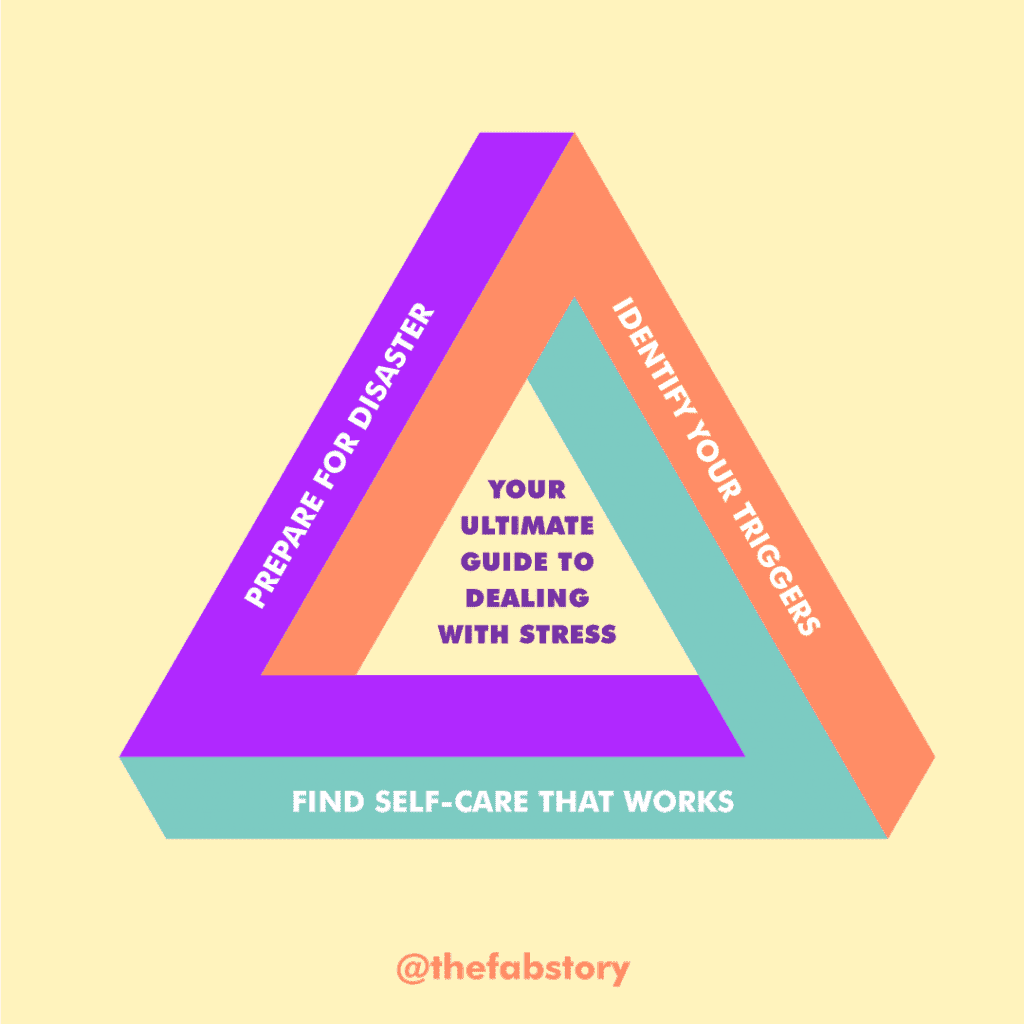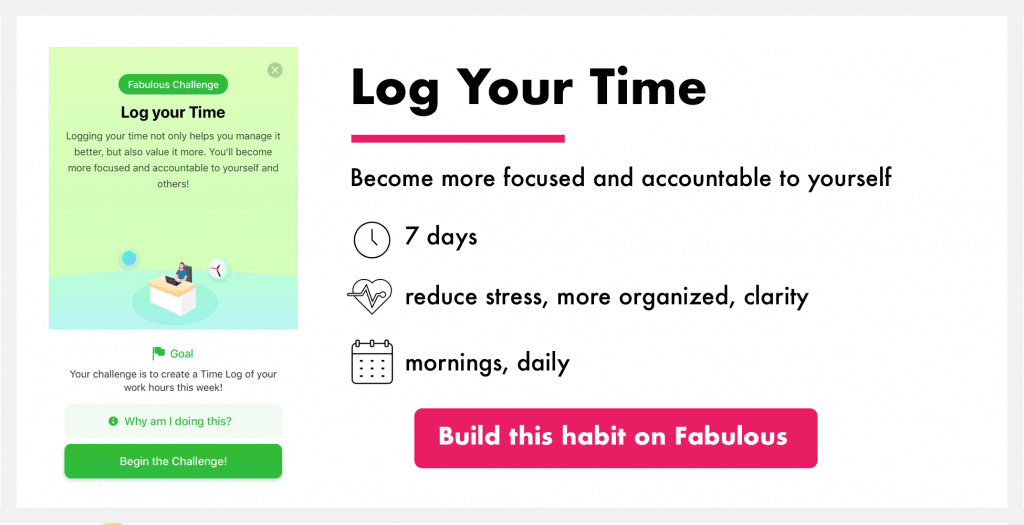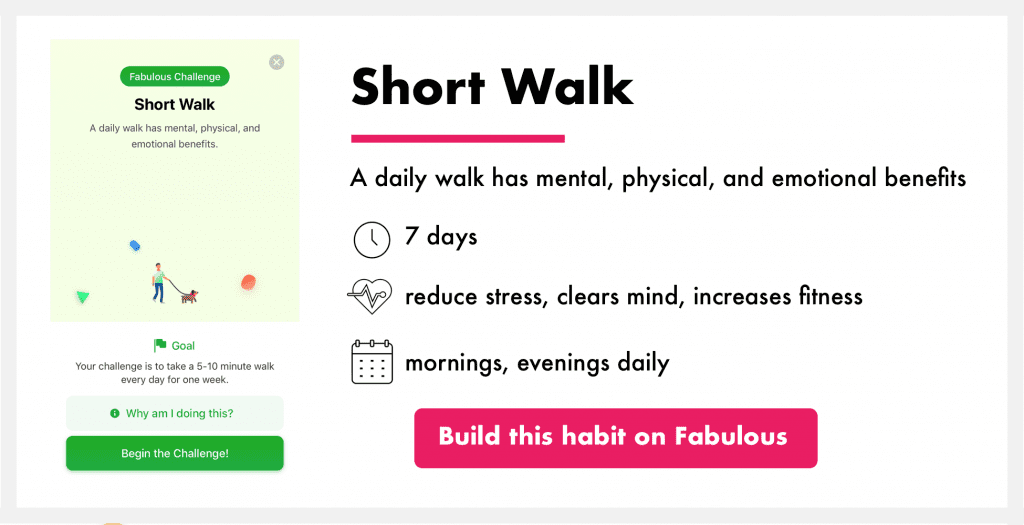Winter holidays are approaching and, with it, all sorts of stressors. With all the obligations that come with the end of the year piling on top of what you already do every day, it’s easy to get overwhelmed. Despite all the joy we feel being with loved ones and celebrating, our stress levels are shown to skyrocket during the end of the year. And stress, as we’ve blogged about before, can wreak havoc on your body and health. Dealing with stress, as a result, is more important now than ever.

But dealing with stress is easier said than done. Oftentimes, we don’t even notice how frazzled we are until we’re already knee-deep in maladaptive coping behaviors. How do we combat something like that?
We have some advice.
1. Identify Your Triggers
We know everyone responds to stress differently, but we’re also each stressed out by different things. While some people find the ramped-up consumerism overwhelming, others might thrive on the thrill of finding a good deal. Some might find decorating stressful (who doesn’t get a little flustered when trying to untangle holiday lights?) while others find it relaxing or enjoyable. Everybody is different.
But we can’t respond to our stressors if we don’t know what they are! If you want to combat stress, you have to find out what triggers stress in you. You can do this simply by observing yourself throughout the day. When you find yourself feeling stressed, take note of it. Ask yourself what caused it or retrace your steps to figure it out. If you find writing things down helpful for you, try logging your findings down in a notebook or journal.
2. Find Self-Care That Works
Once you know your triggers, it’s time to find some coping skills for dealing with stress that work for you. People may view self-care options as limited to only a select few things, like taking a bath or meditating. These ideas certainly work for some people and, if they work for you, you should absolutely do them! But if they don’t, don’t fret.
Self-care can really be defined as any sort of activity that restores you without any significant negative effects on your wellbeing. This can mean something that varies from person to person or even day to day. But restorative self-care usually meets at least some of the following criteria:
- You find the activity valuable. Doing chores, running errands, or exercising could all fall under this category because they give us a sense of accomplishment when we complete them. To those who feel obligated to do these things, however, these activities might be agony.
- The activity does not require your most constrained resources. If you’re an introvert, spending time in a highly social setting might not be the best self-care. Conversely, extroverts might find socializing extremely restorative.
- The activity fits into your idea of the perfect life. Some people find getting up early and doing yoga in the morning empowering. They view it as an activity their ideal self would do. Others might see their ideal selves as someone who reads three books a week.
- You find the activity pleasant and enjoyable. Self-care is supposed to make you feel calmer and more refreshed than you were before you started. If you’re not having fun, you’re probably not going to feel very calm or refreshed!
Find what works for you and make a note of those activities that work best for you. Be sure to think of multiple suggestions; you might need a distracting activity one day but a comforting or relaxing activity the next. Start with a short 10 minute walk to help clear your mind in times of stress.
3. Prepare for Disaster
Okay, “disaster” might be a bit extreme, but it’s important to have a set of steps in place to help you handle stress when it comes. Now that you know the causes of your stress and the most effective solutions, it’s time to make a game plan.
Your Dealing with Stress Plan will include three steps:
- Identify your trigger. If you can, get away from your trigger.
- Find a self-care activity from your list that will best serve you in the moment.
- Do that activity, then assess how you feel.
If you’re still stressed, repeat steps two and three until you feel better.
Don’t underestimate the power of stress’s grip on your mental and physical health. It can be easy to prioritize holiday festivities over taking care of yourself, but the holidays will be much more enjoyable if you aren’t constantly dealing with stress.
Every day, for the next week, challenge yourself to meditate. When you start your day off with meditation, you are more focused, calm, and empathetic. This will help to reduce your stress almost immediately. So tap below to take the Meditation challenge today.






